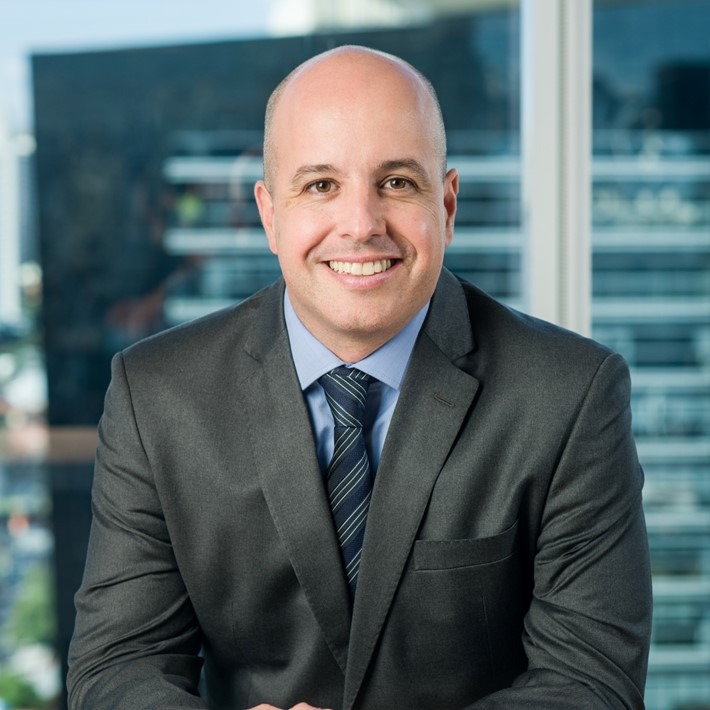Sessions With Paulo Neves
Tuesday, 19 March
-
07:15am - 08:20am (CST) / 19/mar/2024 12:15 pm - 19/mar/2024 01:20 pm
“Seed to Pump”: The new business of biofuels
Agribusiness & BiofuelsThe biofuels business is on the cusp of a potential boom. Integrated oil and refining companies have embraced biofuels as an investable low-carbon solution to serve hard-to-decarbonize sectors including aviation and heavy transport. These suppliers, spurred by policy incentives, have ambitious growth objectives—but scaling up the right feedstocks remains a challenge. Airlines and other large consumers are also transforming the demand profile with emissions targets based around biofuels commitments. The changing competitive landscape and economies of scale are driving integration from seeds to the end-user of liquid fuels. But how fast, in which markets and at what scale?
Wednesday, 20 March
-
12:30pm - 01:00pm (CST) / 20/mar/2024 05:30 pm - 20/mar/2024 06:00 pm
Scaling Agricultural Waste and Biomass to Fuel Businesses
Agribusiness & BiofuelsWaste-to-fuel solutions, such as using agricultural and other biomass waste to generate renewable natural gas, offer great potential to reduce the carbon footprint in the agriculture sector and reduce methane emissions. However, these solutions globally would require plants to be dispersed across many locations, often at small scale. What learnings from waste-to-energy projects to date inform a roadmap to scaling these solutions? What are the business drivers that make these solutions attractive and widely scalable?

